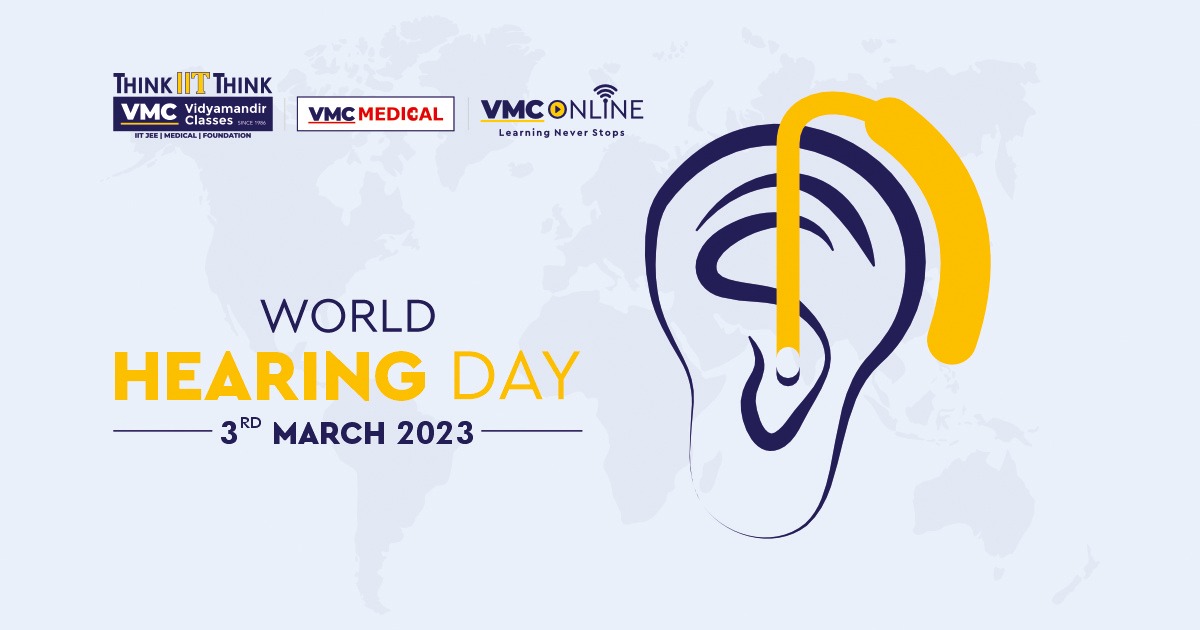Everything You Need to Know about World Hearing Day!
 Posted On
Posted On
414 total views, 1 views today
Every year, March 3 is designated as the day to increase public awareness of hearing loss, encourage ear and hearing care, and call for action to address hearing loss and related issues. The day is recognized as World Hearing Day. It focuses on a particular theme that is carried out by the World Health Organization and its partners. The need of including ear and hearing care in primary care as a component of universal health coverage is emphasized on this day.
History behind the World Hearing Day
In 2007, the day was observed for the first time. The day was formerly recognized as World Ear Care Day. In 2016, the World Health Organization (WHO) subsequently proclaimed World Hearing Day. The day has been observed every year on March 3 since that time.
Communication is a fundamental human right, and it can be challenging for people with disabilities and mental health issues to do so, according to the UN organization specializing in global health and safety.
2023 World Hearing Day: Importance
For relationships to work, both parties must be able to hear and speak clearly. Hearing-impaired people not only feel cut off from the outside world, but they also deal with a variety of concerns. As a result, raising public awareness and teaching individuals about hearing health are urgently needed.
Every year, on the occasion of World Hearing Day, audiologists and other healthcare professionals educate the public by promoting the value of hearing, the necessity of preventative treatment, and the urgency of taking prompt action to avoid hearing loss.
What Is the 2023 World Hearing Day Theme?
The WHO and its partners conduct various activities to raise public awareness on World Hearing Day each year under a particular theme.
“Ear and hearing care for all” is the theme for World Hearing Day 2023 this year. The World Health Organization claims that “The emphasis of this year’s theme will be on the value of incorporating ear and hearing care into primary care as a crucial element of universal health coverage. Training and capacity building at this level can help integrate ear and hearing care into primary care services. People will benefit from such integration, which will also assist nations in achieving the objective of universal health care.”



